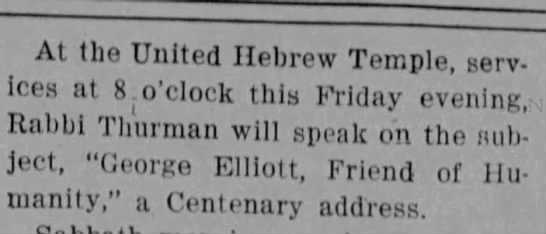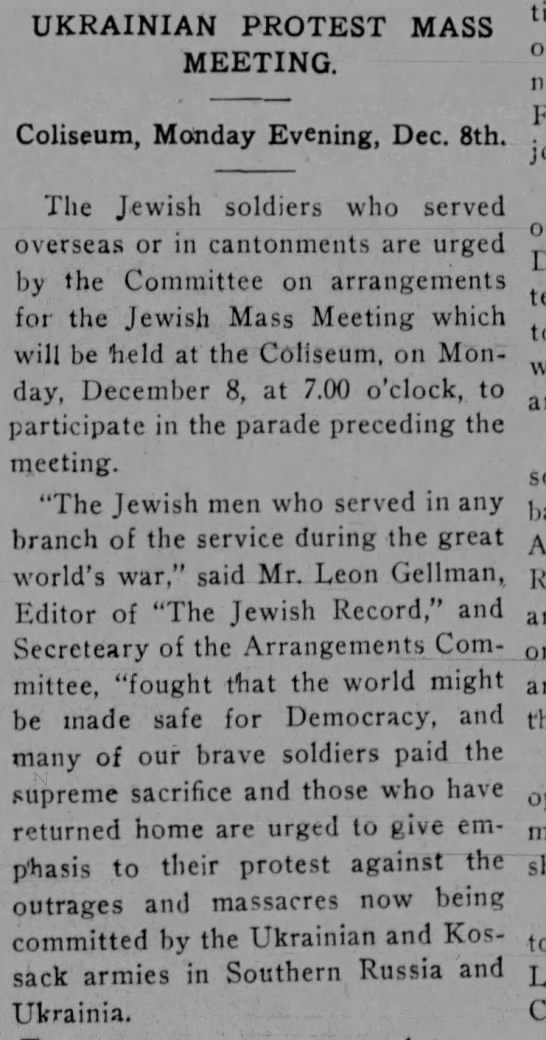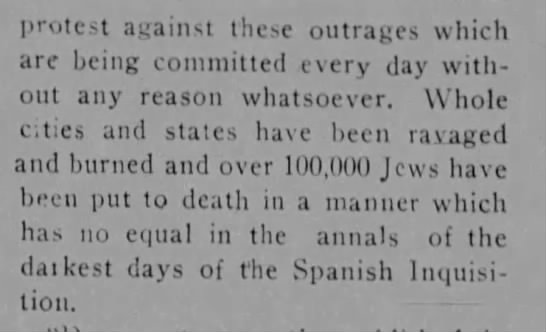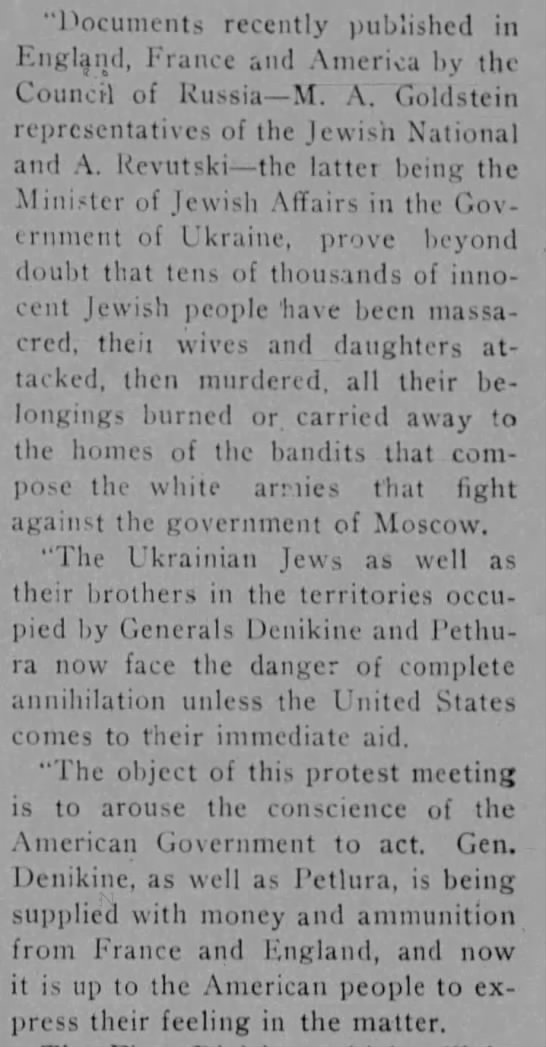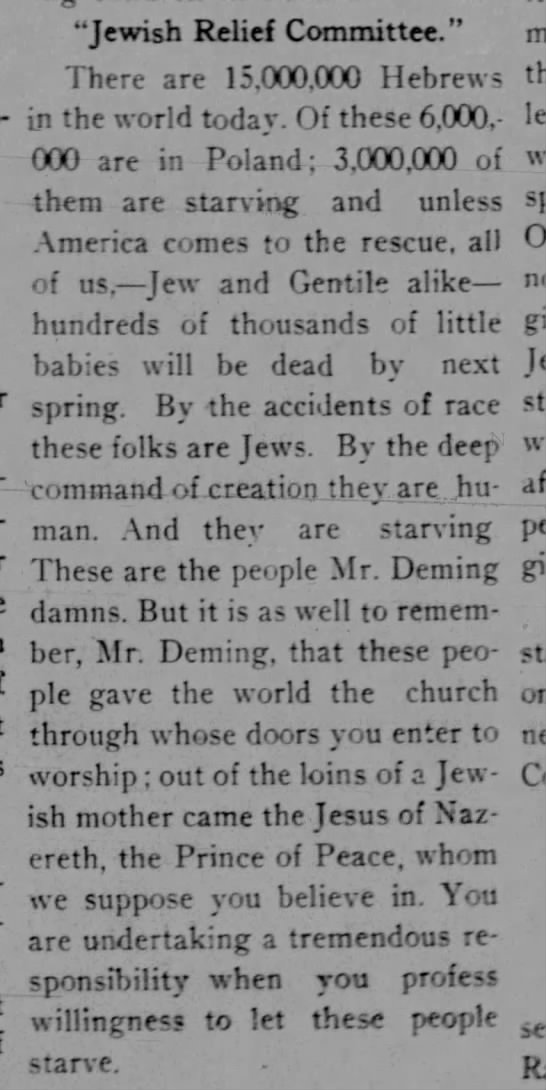 |
| Helen Korngold, Dec. 1919, New York City |
Helen is enjoying her teaching position at Wellston. Her love of the children shines through.
December
Monday 1
School again – I feel good –check came in to-day. If Ward would stop making eyes at me – I’d feel better.
Tuesday 2
The girls are darling. Louise is a little doll – so is Virginia & Adel. The girls are all very sweet. The boys are interesting.
Wednesday 3
School again. Same as ever.
Thursday 4
If Arthur S. Kelly would only stop being to cute, I might be able to keep from kissing him – He’s so cute & fab.
Friday 5
I like Fri. It means a good time on Saturday. Herbert Pawlinger came to town. He is darling.
Sunday 7
Taught school. This is all so funny. Leo Rosen & the Meyer boys, Jesse & Henry are dears. All the girls are nice.
Notes:
Dec 4
Arthur S. Kelley appears in the 1910 St. Louis Census as three years old and living with parents James W., age 43 and a farm laborer, Martha, 30, and siblings Bessie, Jessie, Hosa and Dessie.
Dec. 5
Herbert Pawlinger visited earlier in the year on April 13.
Herbert Lincoln Pawliger (2/121894 to 11/1967) lived with his family at 1915 Broadway in New York City.
His WWI Draft Registration shows he was of medium height and build with brown hair and eyes. He was a clothing salesman for Jay Tee Frocks.
On the 1910 New York Census was 16 and living with his family Max, 48 born in 1882, and a manufacturer of furs; Nettie, 40, born in 1883; Arthur, 19 and a salesman; and Ruth E. age 14 and born in 1895.
On the 1920 New York Census, he was in commercial sales, living with his parents and Arthur, a photographer, and Ruth who was a clerk at Standard Oil.
On the 1925 New York City Census he was living with his family: father Max Pawliger, who was a fur merchant in the company of Pawliger and Staubsinger; mother Nettie; and siblings Arthur and Ruth E.
Hebert’s WWII Draft registration shows he worked at Jay-Tee Frocks and was married to Minna. They had a child Winifred.
In December Helen and her parents and at least one sister visited the Pawlings in New York City in December at the invitation of Ruth Pawling.
Dec 7
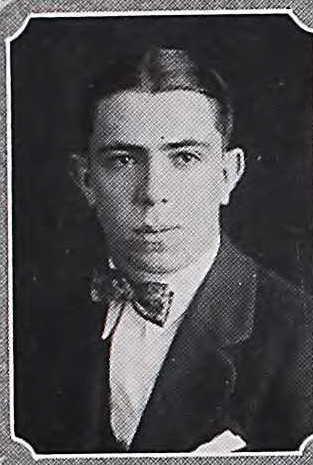 Leo Rosen
Leo Rosen graduated from Washington University and appears in the 1927 Hatchet. He was on the debating team and had won sophomore honors. Leo was born in 1906 and died in 1991. Leo was a WWII veteran. The 1920 St. Louis Census shows Leo Rosen, student, living with his parents Paul and Ida Rosen and sibling Melvin. They also had a servant. Paul was a ready-to-wear wholesaler. Leo married Diana Aronson and they had children Harold and Elinor. The 1940 St. Louis Census Leo shows was an insurance salesman.
Jesse and Henry R. Meyer appear in the 1920 St. Louis Census. Jesse was age 11 and Henry 13. They lived with Nancy W. Meyer, age 52 and a labeler in a cereal company, and siblings James R., Andrew who worked as a “stirrer” and Thomas who was a farm laborer. The 1925 Kansas State Census shows Henry R. aged 18 as head of the household, N.J. his mother aged 58, and James and Jessie.
In the News:
A note in the Dec. 4, 1919, The Jewish Voice showed a talk on George Elliott, Friend of Humanity at United Hebrew Temple.
The Jewish Voice had been running articles on the Ukranian pogroms and on Dec. 4 announced a protest mass meeting.
The newspaper also printed an article about one man's heartlessness.
One letter in reaction stated,
There is also an article showing that 250,000 Jews served in WWI.
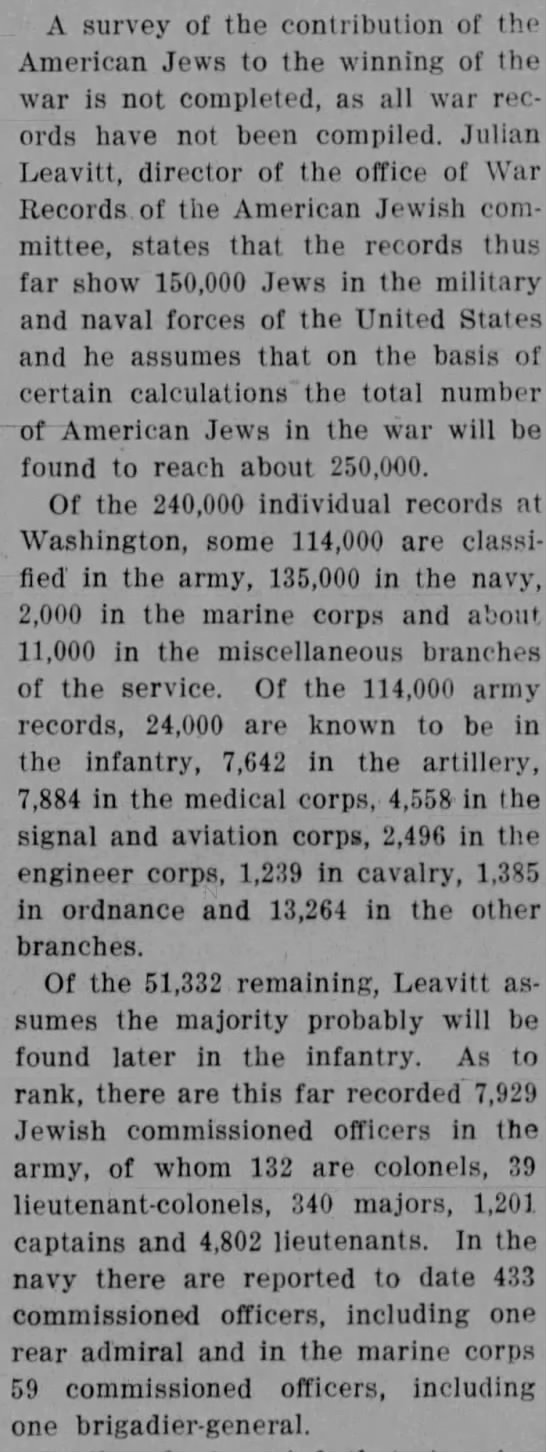
A Dec. 7, 1919 article in the St. Louis Post-Dispatch endeavored to calm fears that President Wilson was secretly paralyzed.
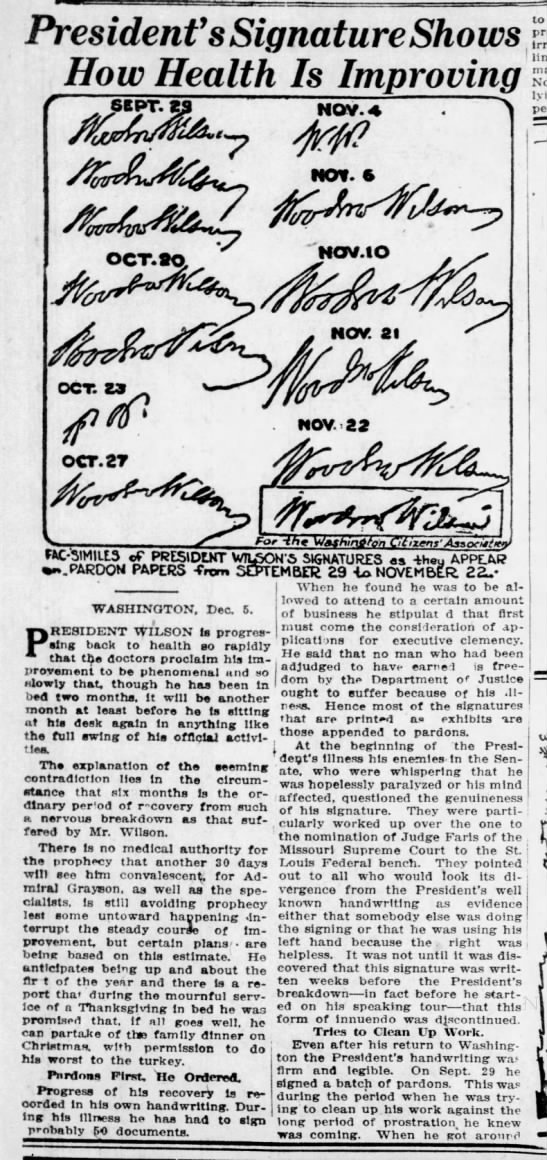
The Lincoln Monument in Washington, D. C. was nearing completion.
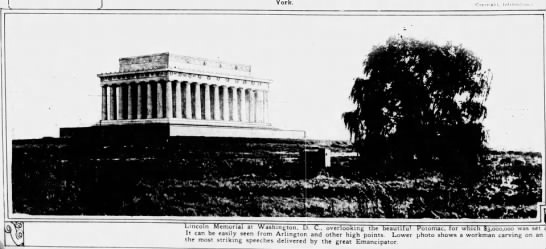
Christmas ads from the Dec. 7, 1919, St. Louis Post-Dispatch:
A very Gatsby ad:
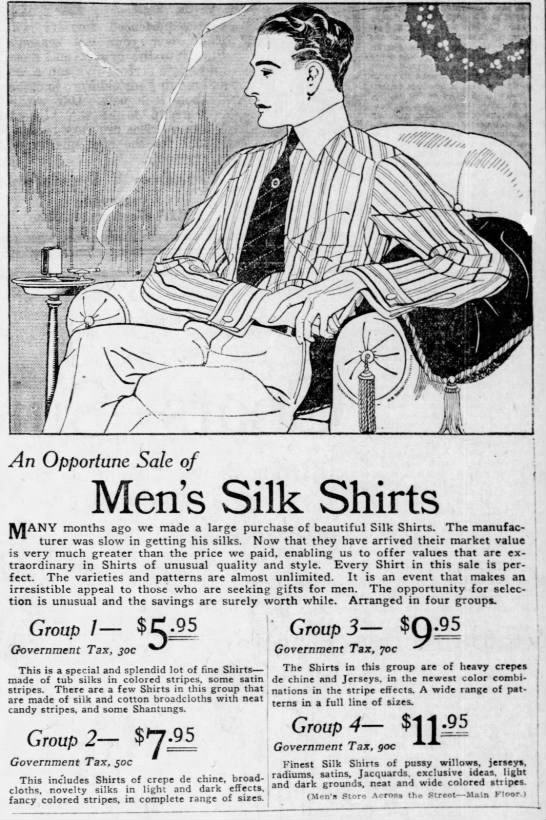
The men needed a tie with those shirts.
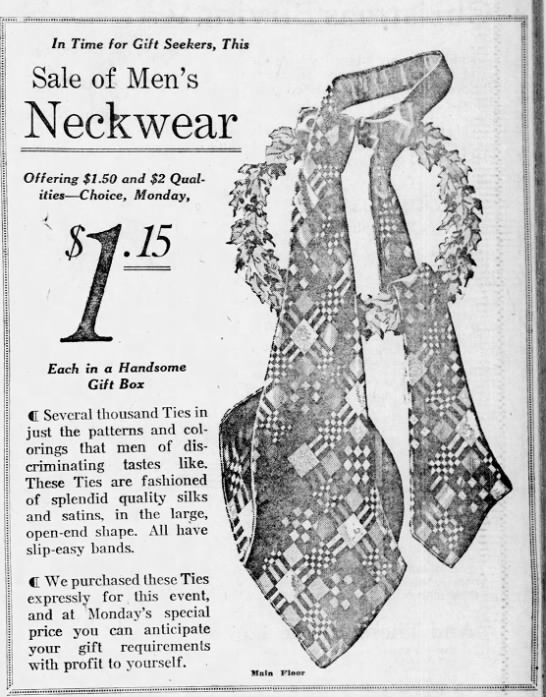
For the ladies, you could get a fur coat.
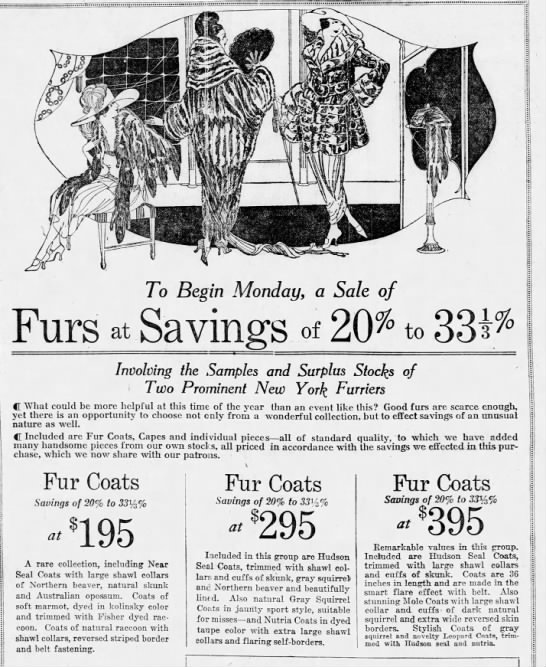
Or, get her warm underwear.
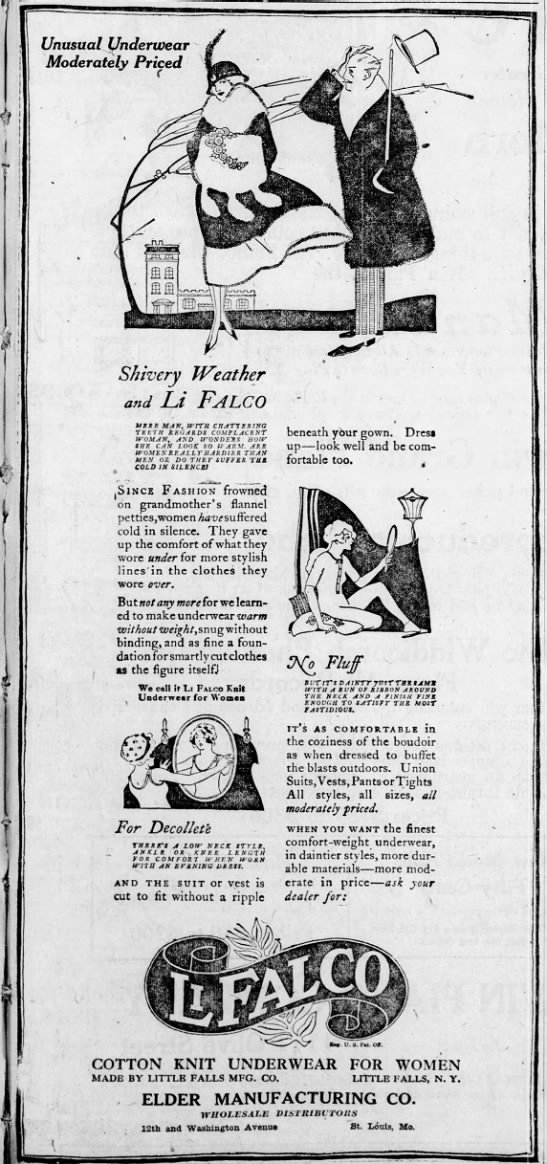
You can't enjoy Christmas with the kiddies without booze.
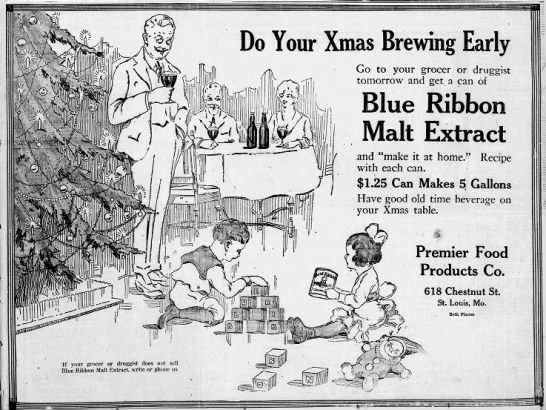
For the kiddies:
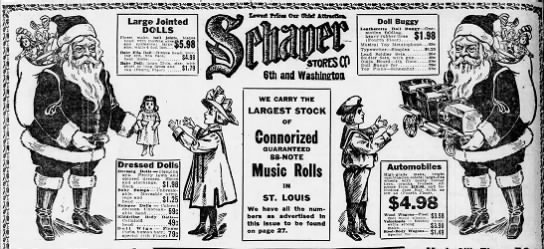
I love the airplane in this ad!

'Moderately' priced player pianos were advertised:
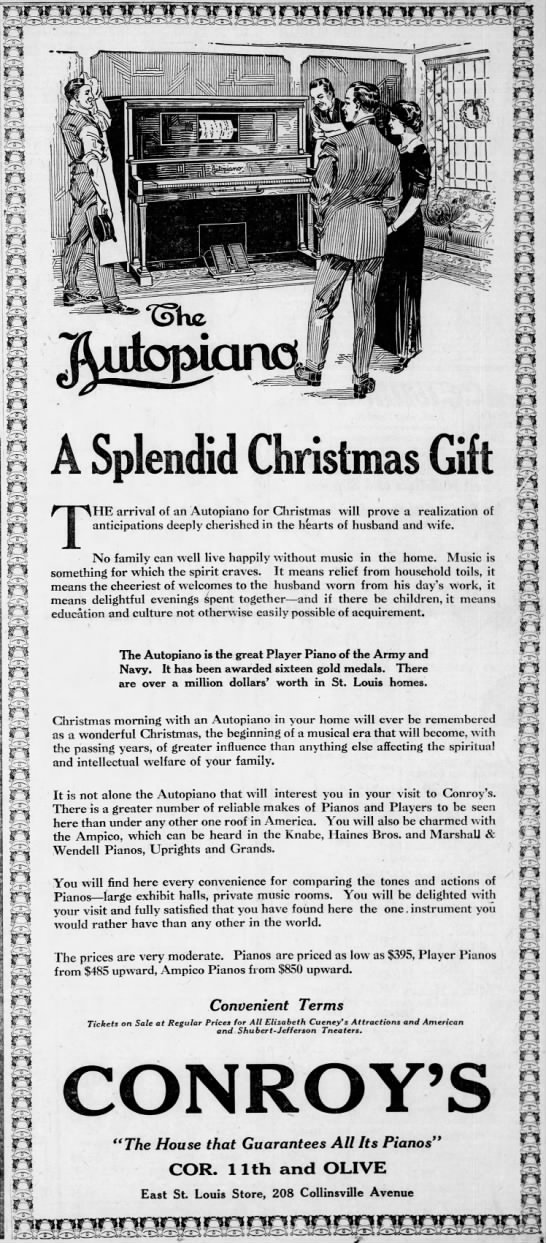
That player piano adjusted for inflation:
$7,384.73
Adjusted for inflation, $485.00 in 1919 is equal to $7,384.73 in 2019.
Annual inflation over this period was 2.76%.
















